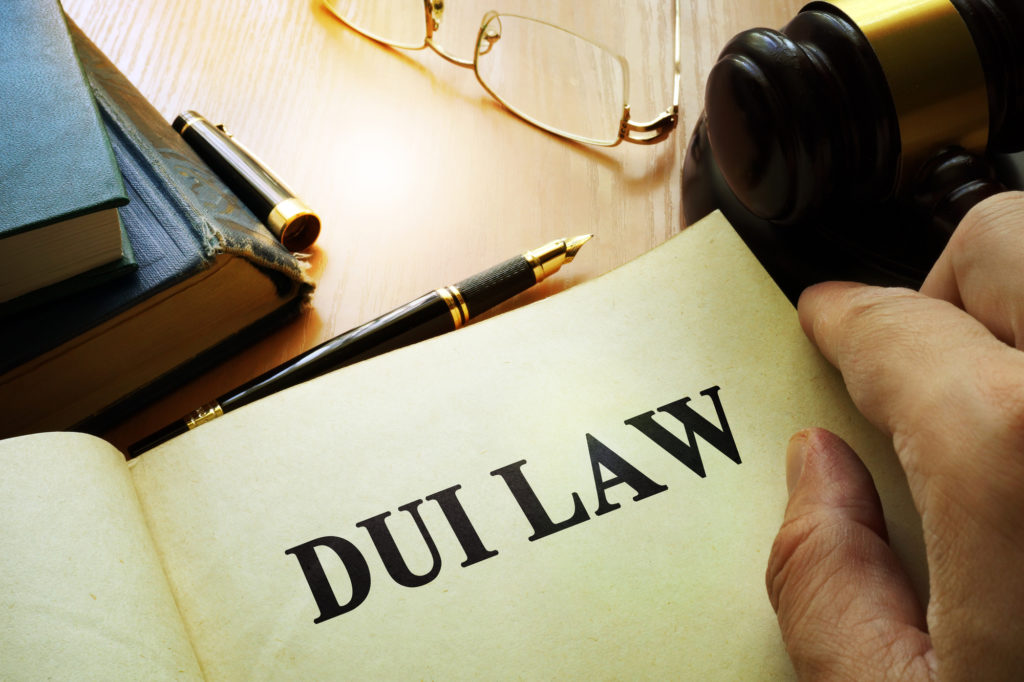
If you’re reading this article, chances are you or a family member or friend has gotten a DWI in Texas. If this is your first offense, you probably have a lot of questions about what the future holds.
The penalties that you face depend on how high your blood alcohol content (BAC) was and how many DWIs you’ve gotten before. The more DWIs, the stiffer the penalty.
Keep reading to learn more about DWI in Texas and what you can expect if you’re arrested for DWI.
Everything You Need to Know About DWI In Texas
Every 20 minutes in Texas, someone gets hurt or killed in a car crash that involves alcohol. Not only can a DWI injure or kill you or others, but there are also serious penalties associated with it as well. Here are eight things you need to know about DWIs in Texas.
1. Your BAC Matters
Driving while intoxicated, or DWI, in Texas is drunk driving. To determine if you are intoxicated, the criminal justice system tests your BAC. The BAC limits in Texas are:
- 21 years and over: 0.08%
- Commercial drivers (e.g., truck drivers, taxi drivers): 0.04%
- Younger than 21: any detectable amount, as drinking alcohol is illegal if you are under the age of 21
Lots of things can impact your BAC, including how many drinks you consume, over what period, your weight, and even your gender. Men tend to metabolize drinks faster than women and people who are lighter tend to get drunker quicker.
2. DWI Is Not The Only Crime Involving Alcohol and Your Vehicle
Having an open container of alcohol in your car is illegal. Having an open container can result in a fine, but if you have an open container and you are charged with DWI, your penalty will be even steeper.
If you have a child passenger under the age of 15, you may also face child endangerment charges, which carries stiff penalties.
Intoxication assault occurs when you cause severe bodily injury to another person when you are operating a motor vehicle while intoxicated. Not only are there severe criminal penalties for intoxication assault, but you’ll also likely face civil penalties as well.
3. There are Administrative Penalties for DWI
If you are arrested for DWI, the arresting officer will confiscate your license on the spot and issue you a “notice of suspension.” This is a temporary driving permit that gives you 15 days to request a hearing to contest the suspension.
Once you get your license back, you’ll also pay a much higher insurance premium. Many insurance companies will drop your policy once you get a DWI and you’ll have to find one that will take on a high-risk driver. Because of the DWI, your premium will be much higher.
4. The Penalties Depend on How Many Offenses You’ve Had
There are also criminal penalties for DWI offenses, and these depend on how many DWIs you’ve had before.
First Offense:
- fines up to $2000
- anywhere from 3 to 180 days in jail
- loss of your license for up to a year and an annual fee of $1000 or $2000 for three years to retain your license once you get it back
Second Offense:
- a fine up to $4000
- 60 days to one year in jail
- loss of your license for up to two years and an annual fee of $1500 or $2000 for three years to retain your license
Third Offense:
- a $10,000 fine
- Two to 10 years in prison
- loss of your license for up to two years and an annual fee of $1000, $1500, or $2000 for three years to retain your license
After you have two or more DWI convictions in five years you’ll also have to install an ignition interlock device that you must blow into in order to operate your vehicle. If you’ve been drinking, the vehicle won’t start.
5. Minors Will Lose Their License for Any Alcohol Violation
Minors (those under the age of 21) don’t even need to be driving while intoxicated to lose their license. If they any type of alcohol violations they will lose their license. This could include:
- purchasing or attempting to purchase alcohol
- lying about their age
- trying to use a fake ID to buy alcohol
- consuming alcohol
- public intoxication
Penalties for first offenses are a license suspension for 30 days, 60 days for the second offense, and 180 days for a third offense.
6. You Shouldn’t Automatically Plead Guilty
Just because your breath test shows that your BAC is over the legal limit, you shouldn’t automatically plead guilty. The breath test could have been administered improperly or the machines may not be properly calibrated.
Any attorney can help you navigate the criminal justice system and help you decide how you should plead.
7. Sentence Reductions are Possible
A good attorney might be able to help you get a lesser punishment, especially if it’s your first offense.
If you have good standing in the community, your BAC was just barely over the legal limit, or you can bring in character witnesses to testify that you were sober when you got behind the wheel, you might not face such stiff penalties.
8. You Should Never Refuse a Blood Alcohol Test
If you have a license in Texas, you are subject to implied consent laws. Basically, this means that if an officer has probable cause to believe that you were driving while intoxicated and places you under arrest, you have implied your consent to a breathalyzer or blood test.
If you refuse and withdraw that consent, you will automatically face a suspension of your license and an officer can get a search warrant to get a blood alcohol test. The bottom line is that by driving on Texas roads, you are indicating your consent for a BAC test should you be suspected of driving while intoxicated.
Be Responsible, Don’t Drink and Drive
The easiest way to avoid getting a DWI is never to drink and drive, even when you think you’ve only had a few drinks and should be fine.
Call a friend or family member, taxi, or rideshare service. Lyft and Uber have made it easy always to find a ride. DWI in Texas carries severe penalties that will hurt your wallet and may put you in prison or jail.
Check out our blog for more resources on everything you need to know.

